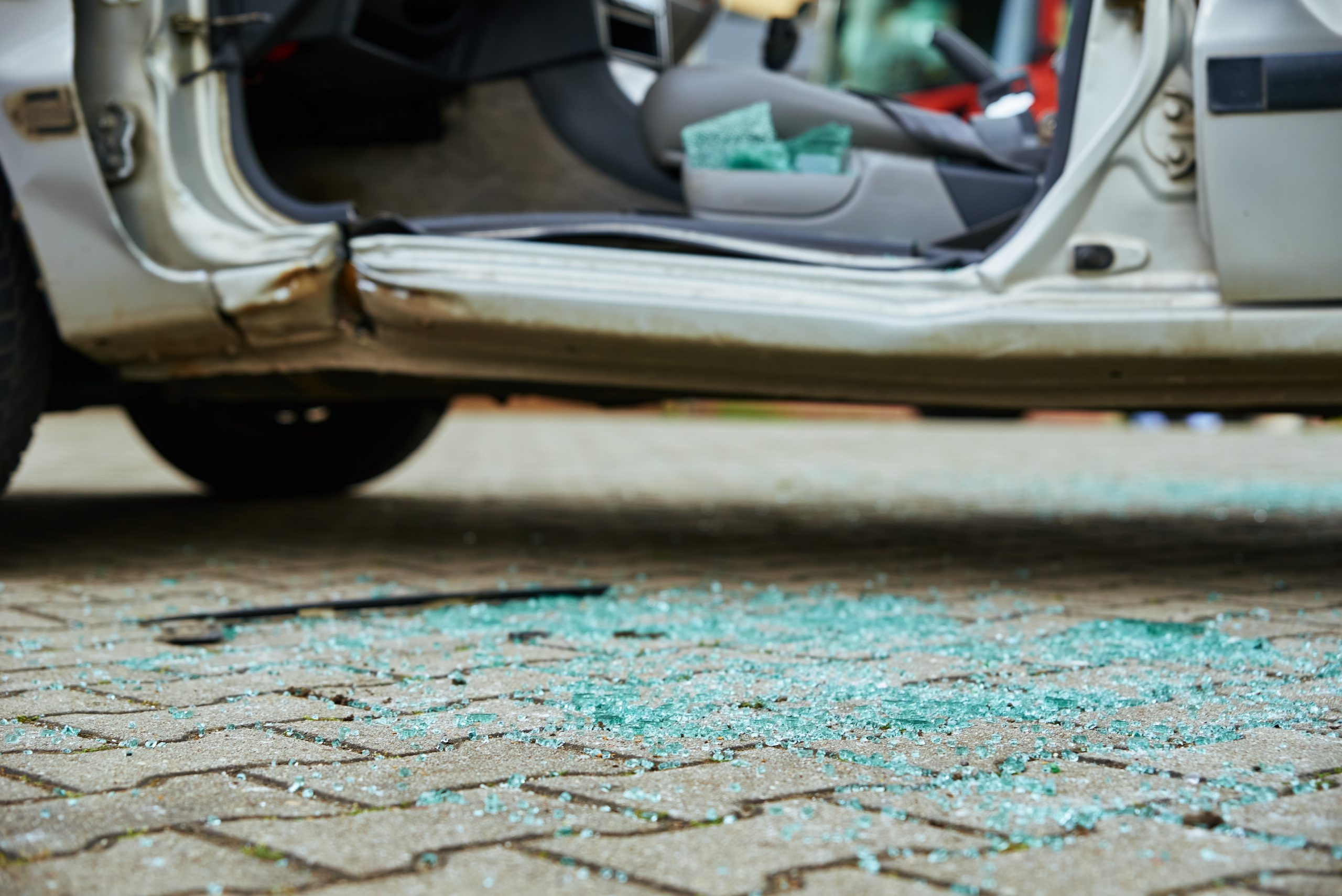When someone is injured in an accident, the strength of their evidence determines whether justice is served. In North Carolina, personal injury cases depend on clear, convincing proof that another person’s negligence directly caused harm. While emotions often run high after an accident, the legal process revolves around facts, documentation, and credibility. Evidence is what transforms a personal story into a successful claim.
In North Carolina, the law places the burden of proof on the injured party, meaning it’s their responsibility to show negligence and causation. As explained by Carolina Accident Attorneys, success depends on proving that it’s more likely than not that the other person was at fault. The state’s strict contributory negligence rule makes this even more crucial, since being even slightly responsible can prevent recovery altogether. Because of that, every piece of evidence matters.
Medical records are often the foundation of a strong case. Detailed documentation from hospitals, physicians, and rehabilitation centers shows how the injury occurred and the severity of its impact. According to Johns Hopkins Medicine, even minor injuries such as concussions or whiplash can worsen over time, making early evaluation and documentation critical. Keeping copies of medical bills, prescriptions, and test results helps connect your injuries to the incident and establishes a timeline that supports your claim.
Photos and videos collected at the scene serve as powerful visual evidence that words alone can’t replace. Images of vehicle damage, road conditions, and visible injuries give juries and insurance adjusters a clear understanding of what happened. Legal experts at CvinjuryLaw note that visual proof often provides persuasive clarity when accounts of an accident differ. In addition, witness statements can confirm your version of events and strengthen your credibility.
Financial records are another important form of evidence. Keeping organized documentation of medical costs, therapy expenses, and lost wages shows exactly how the injury affected your finances. As explained by GetFlexner, strong financial evidence helps prevent insurers from undervaluing claims and ensures victims receive fair compensation. Journals describing pain levels, recovery progress, and emotional effects can also reinforce non-economic damages like suffering and loss of enjoyment of life.
Timing can make or break a personal injury case. Acting quickly to preserve evidence—taking photos, gathering names, and contacting an attorney—prevents key information from being lost or altered. Experienced legal teams know how to secure official documents and ensure all proof complies with state requirements. Attorneys also understand how to anticipate and counter defense arguments about missing or incomplete records. The professionals at Justice Counts emphasize that prompt, organized evidence collection is essential to protect your right to recovery.
A skilled lawyer doesn’t just gather evidence; they interpret it. Linking every document, image, and statement to the elements of negligence—duty, breach, causation, and damages—is what turns facts into a winning argument. The attorneys at Wayne Hardee Law have decades of experience building strong North Carolina personal injury claims using strategic evidence presentation. Their approach ensures that each client’s story is told clearly, accurately, and powerfully.
In the end, evidence is far more than paperwork or photos—it’s the truth that drives justice. Medical records, witness statements, and financial documentation combine to tell your story in a way that courts and insurers can’t ignore. By acting quickly, staying organized, and working with an experienced attorney, you strengthen your position and increase your chances of fair compensation. The right evidence protects your voice, your credibility, and your future.


